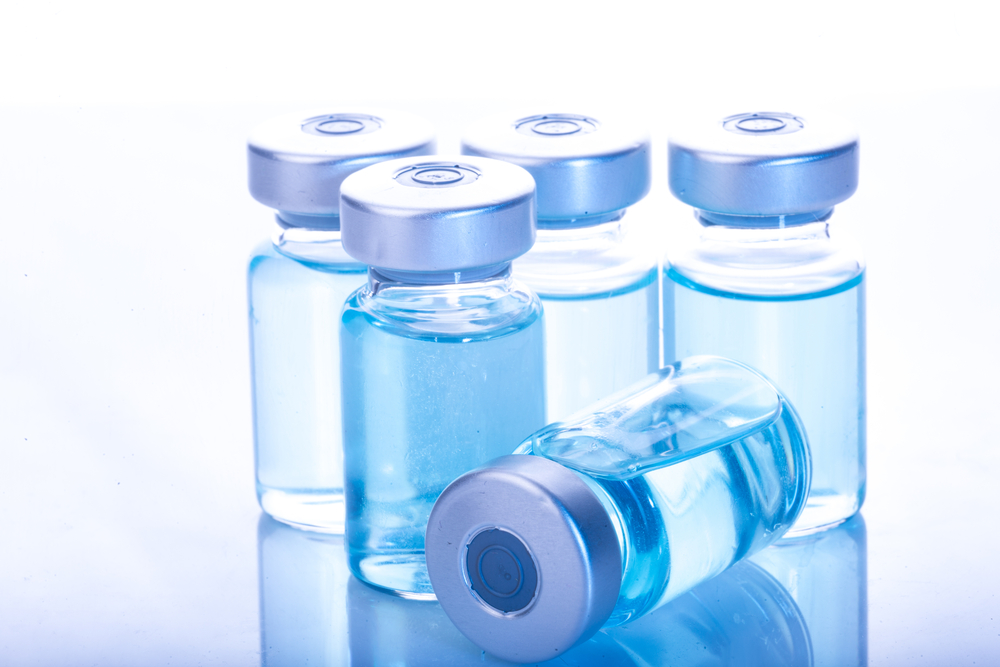Phase 3 Trial of Immune System-targeting Treatment for Advanced Multiple Myeloma Begins Dosing

A pivotal Phase 3 clinical trial has begun dosing participants to evaluate MorphoSys‘s investigational antibody, MOR202 (TJ202), in combination with Revlimid (lenalidomide) plus dexamethasone, for the treatment of relapsed or refractory multiple myeloma.
The study, ongoing in Taiwan, is being conducted by I-Mab Biopharma, which holds exclusive rights for development and commercialization of MOR202 in the greater China region.
It has been designed to provide pivotal data that supports the submission of a biologics license application (BLA) in greater China.
“The initiation of our first Phase 3 trial represents another important milestone in advancing MOR202/TJ202 toward registration with the hope of providing more therapeutic options for multiple myeloma patients globally,” Joan Shen, MD, head of research and development at I-Mab, said in a press release.
MOR202 is an experimental antibody that binds to the CD38 surface molecule, found in virtually all multiple myeloma cells. Once bound to CD38, the treatment delivers signals that instruct the immune system to kill the malignant cells.
MOR202 is under clinical investigation in relapsed or refractory multiple myeloma patients in a Phase 1/2a trial (NCT01421186) at several sites in Germany and Austria.
The study is evaluating the safety and preliminary efficacy of ascending MOR202 doses, either alone or in combination with the immunomodulatory agents Revlimid and Pomalyst (pomalidomide, also sold as Imnovid).
Interim data from the first 56 patients showed that responses were particularly better in the 17 patients treated with a combination of MOR202, Revlimid, and dexamethasone — 65% overall response rate, including 12% complete responses and 18% very good partial responses — compared with the two other groups.
The study found no unexpected safety concerns, with the most frequent serious adverse events being low levels of immune cells — neutrophils, lymphocytes, and leukocytes.
The findings led I-Mab to design two additional clinical trials to continue studying the treatment: a Phase 2 trial (NCT03860038) assessing MOR202 plus dexamethasone — a combination that led to a 28% response rate in the Phase 1/2 trial — and the recently initiated Phase 3 trial evaluating MOR202 plus Revlimid and dexamethasone.
The Phase 2 trial — recruiting participants in mainland China and Taiwan — is expected to include 82 myeloma patients who failed at least two prior lines of treatment, including a proteasome inhibitor and an immunomodulator.
Its main goal is to determine the proportion of patients who respond to treatment. Secondary measures include those who achieve at least stable disease, duration of response, time to disease progression or death, and overall survival.
The Phase 3 trial is expected to include approximately 291 myeloma patients who received at least one prior line of treatment to determine whether adding MOR202 to standard Revlimid and dexamethasone extends the time patients live without disease worsening.
“In parallel with our pivotal phase 2 trial of MOR202/TJ202 in combination with dexamethasone, the phase 3 study will further assess the efficacy of MOR202/TJ202 as a potential second-line treatment in multiple myeloma,” Shen said.
Malte Peters, MD, chief development officer of MorphoSys, said: “We see a high medical need for the treatment of patients with multiple myeloma in the Chinese region and look forward to supporting I-Mab in developing this investigational compound for these patients.
“We are delighted that our partner I-Mab has started a phase 3 trial of MOR202/TJ202 in combination with lenalidomide in Asia.”






